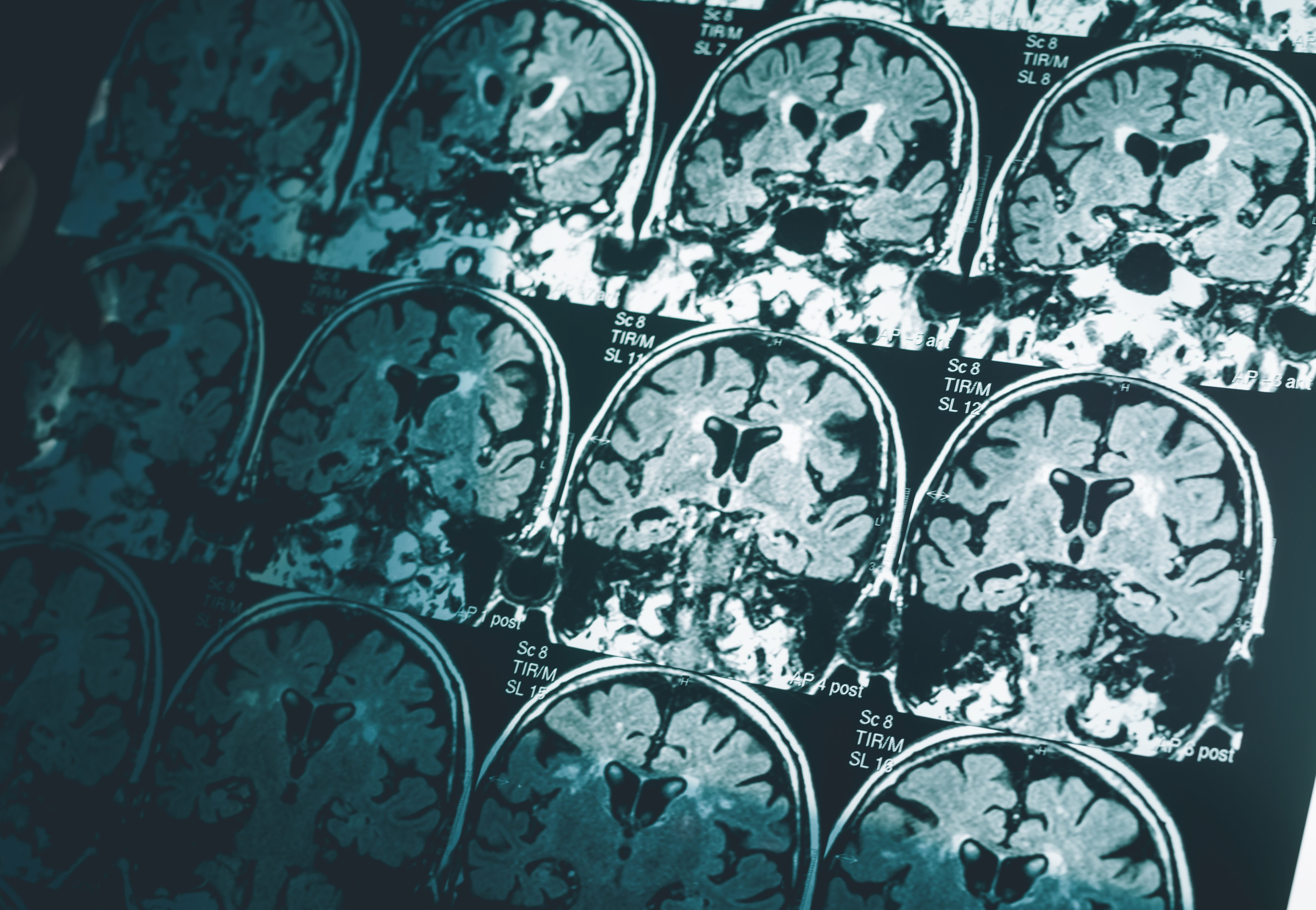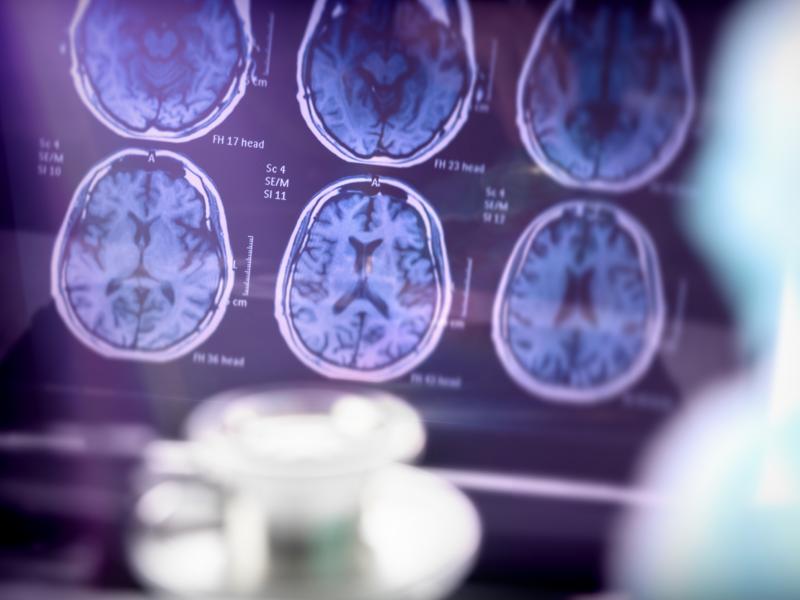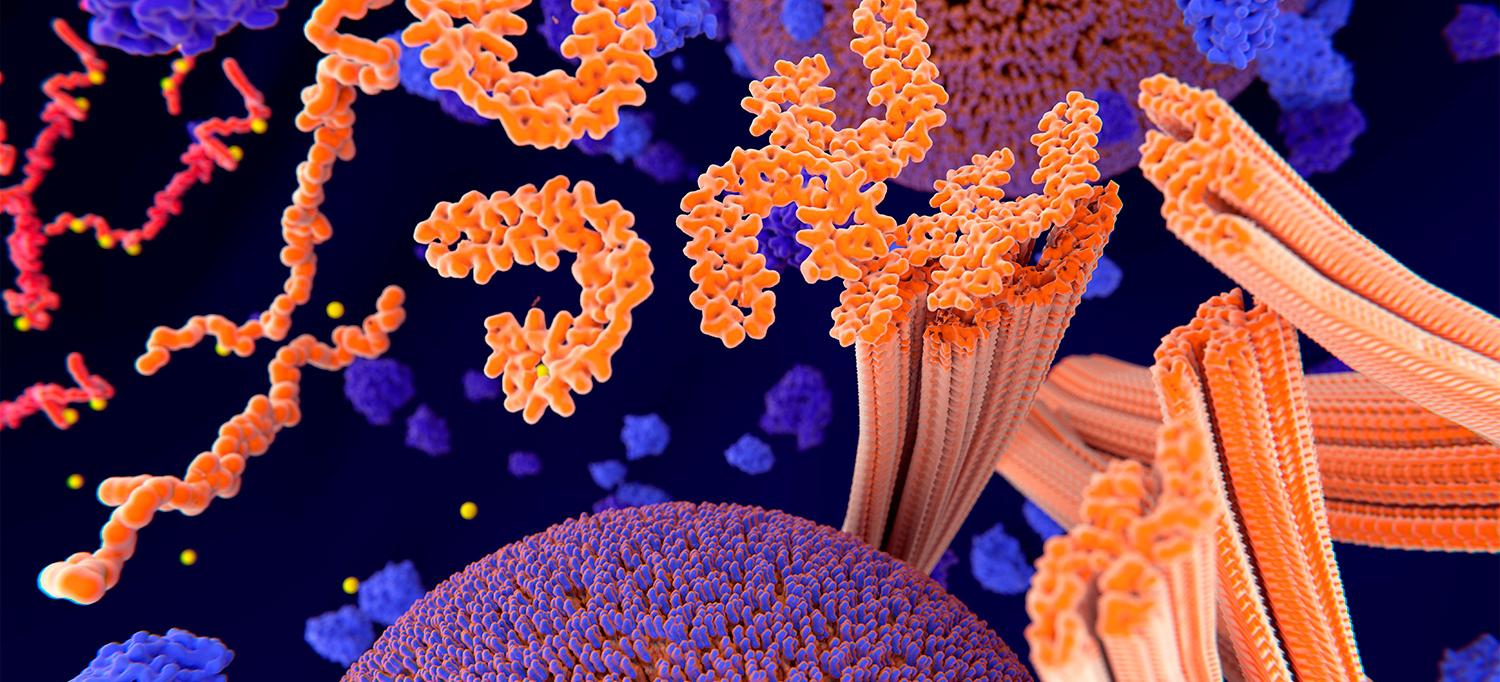
Older people who were infected with COVID-19 show a substantially higher risk — as much as 50% to 80% higher than a control group — of developing Alzheimer’s disease within a year, according to a study of more than 6 million patients 65 and older.
In a study published today in the Journal of Alzheimer’s Disease, researchers report that people 65 and older who contracted COVID-19 were more prone to developing Alzheimer’s disease in the year following their COVID diagnosis. And the highest risk was observed in women at least 85 years old.
The findings showed that the risk for developing Alzheimer’s disease in older people nearly doubled (0.35% to 0.68%) over a one-year period following infection with COVID...
Read More









Recent Comments